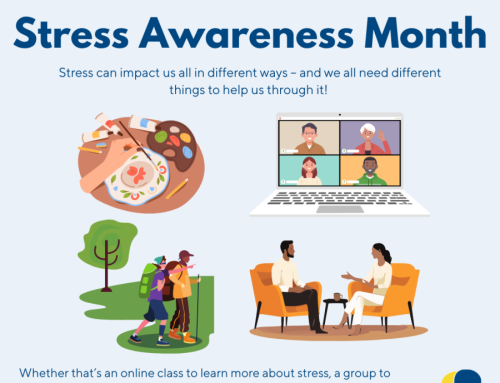2014–2015 has been a busy and exciting year for Touchstone in Kirklees. We have continued our community mental health advocacy work and have now integrated the new Independent Mental Health Advocacy (IMHA) service into our existing team. We have taken on new staff, embarked on specialised training and increased our service activity by almost 300%.
Our staff and volunteers have really embraced these changes and we are proud of the positive outcomes we have helped people to achieve this year. With our support people can understand and exercise their rights, speak up for themselves and others, make informed choices and challenge poor practice. People tell us that we make a real difference to their lives, for example we have recorded a 21% improvement in people’s overall mental wellbeing after receiving our service.
We have achieved our goal of recruiting more volunteers and we are proud that these come from increasingly diverse groups. Our peer translators have helped people on wards and at meetings in the community, giving people greater access to their rights and to more effective support.
- 367 new referrals in 2014–2015.
- 260 people supported while in hospital.
- 25% improvement in ‘speaking up for myself’.
Our peer translators have helped people on wards and at meetings in the community, giving people greater access to their rights and to more effective support.
IMHA case study: Sandra
When I first met Sandra on ward she was upset and really anxious, moving from one member of staff to another, telling them she would not go into her ward round because they had not helped her with things that had gone wrong on the ward.
I introduced myself and explained all about the IMHA service and how I could support her with her complaints.
I explained that it was not helpful for her to direct her anger towards ward nurses, and the ward round was the right platform where she can go and present her issues so that they are addressed properly. Sandra agreed to chat with me about her worries and also to attend her ward round. There I asked staff if Sandra could be given a chance to express her concerns and say what she wanted done. We had agreed that I would remind her to say anything that she forgot to say, so I kept an eye on the list we had written and prompted her when she asked.
From a starting point of her refusal to attend ward round, some excellent outcomes were achieved by Sandra simply having someone to talk to.
The doctors apologised for a lack of clarity around her medication and provided a full explanation, a formal complaint investigation was initiated around two major issues, and leave and discharge arrangements were discussed and agreed.
Community advocacy case study: Karen
Karen initially came to Touchstone, referred by a very concerned friend, because she had got into a lot of debt and couldn’t seem to find a way out.
Thanks to the advice and intervention from her friend, Karen had begun to realise that she has been living all her life with an undiagnosed learning disability (she is now in her 50’s). She says that this has led her to make some bad decisions, be taken advantage of and build up lots of debts that she has no control over.
Over the last 18 months, advocacy support has enabled Karen to complete a learning disability assessment, receive a formal diagnosis, get specialized support for household paperwork and bills, turn her financial situation around and move out of an expensive 3rd floor flat into a bungalow which is much more suited to her physical and financial needs. She no longer has to worry about threats from bailiffs, she loves her new home and most importantly for Karen, she feels much more in control.
“I was always called ‘stupid’ growing up and I just got used to that. After all these years I now know that I’ve got a learning disability, it feels such a relief. I’m starting to understand the link between my learning disability and my anxiety and depression. I understand myself better and now I can explain it to family and friends.”





